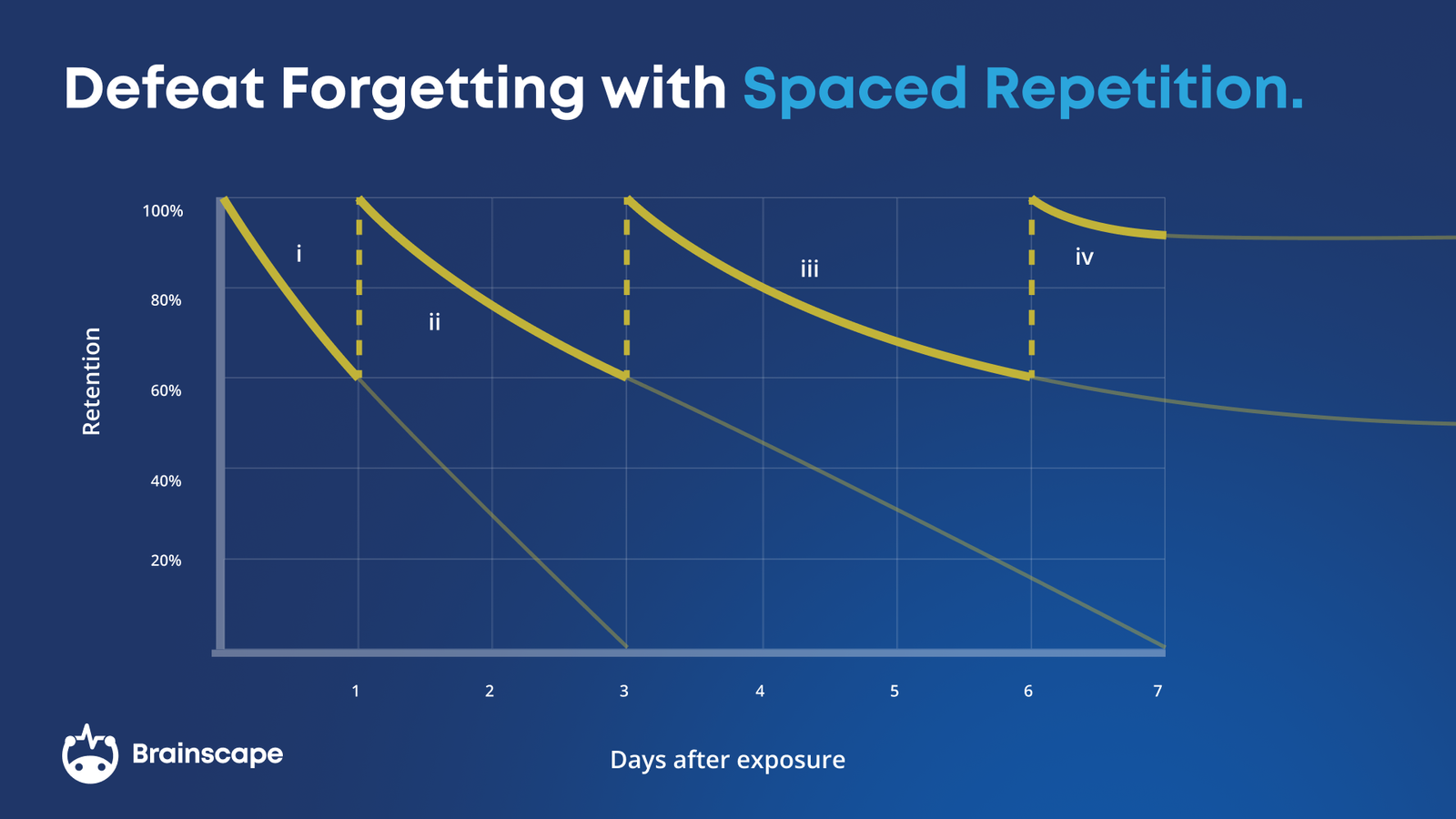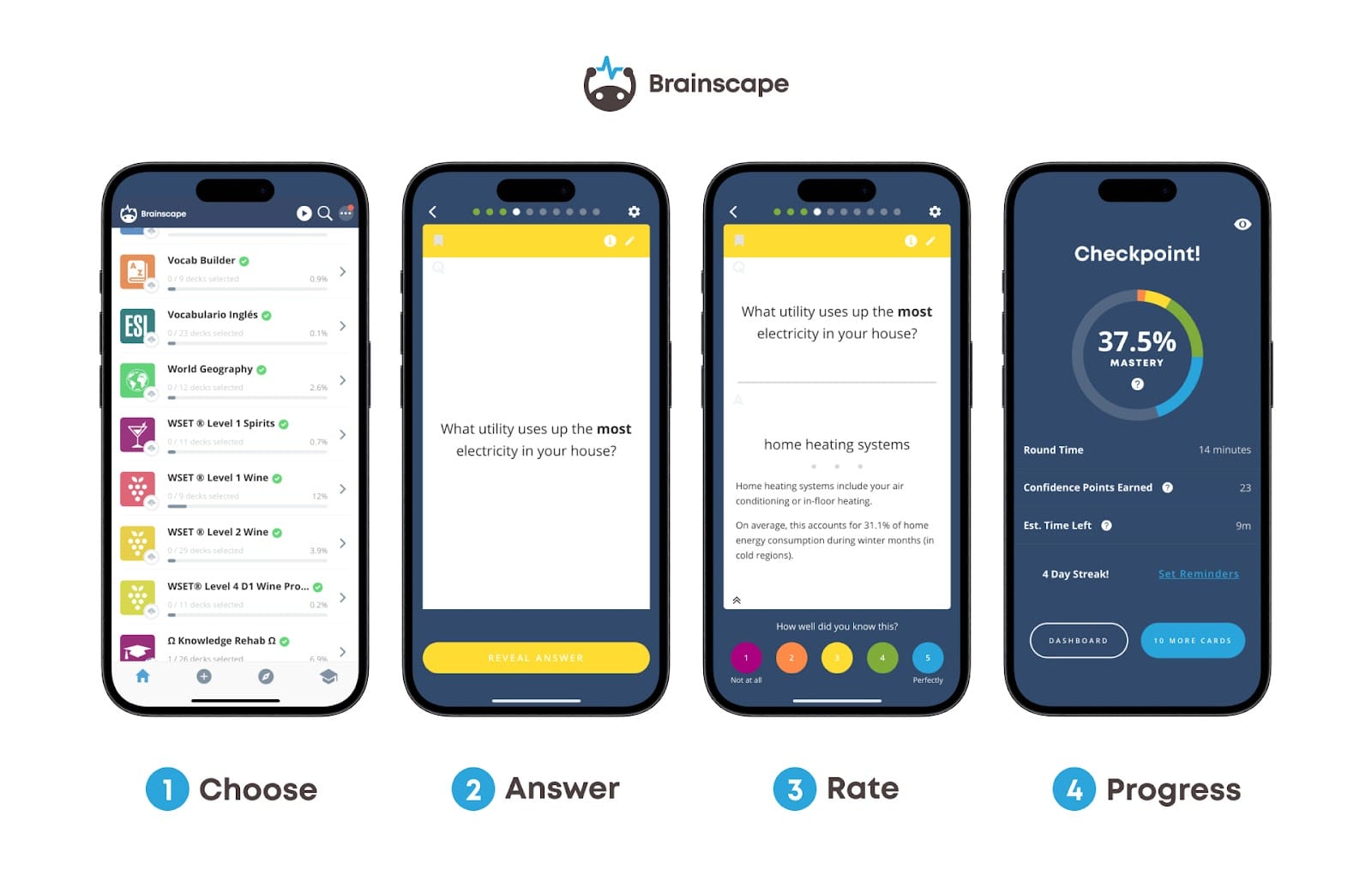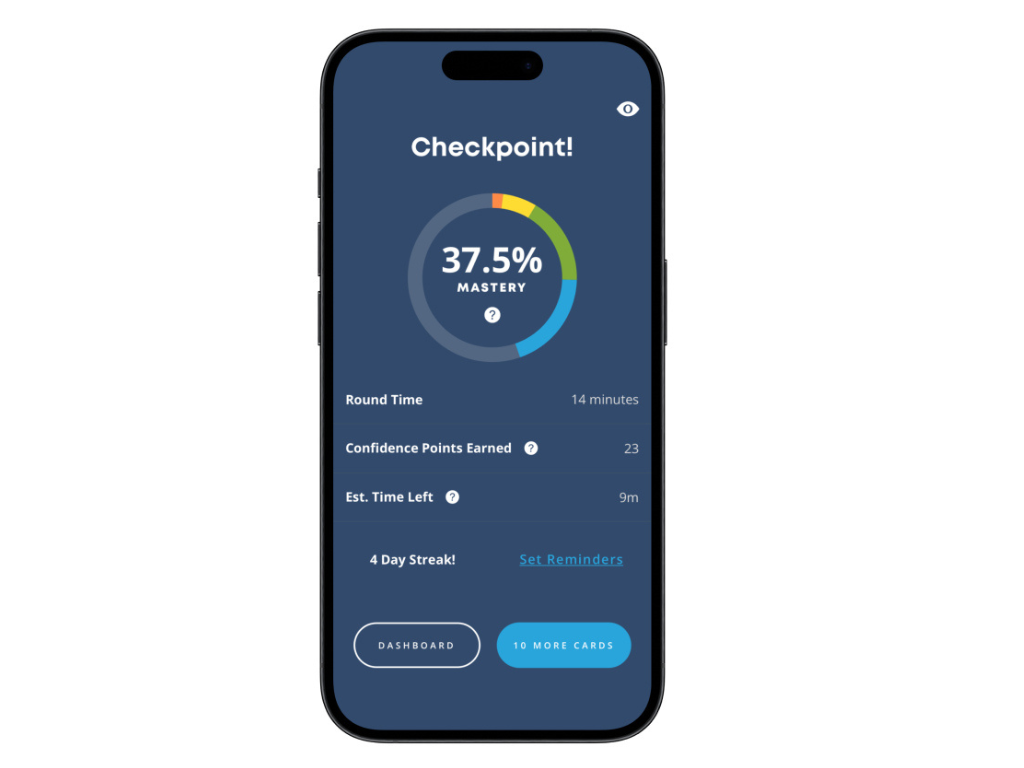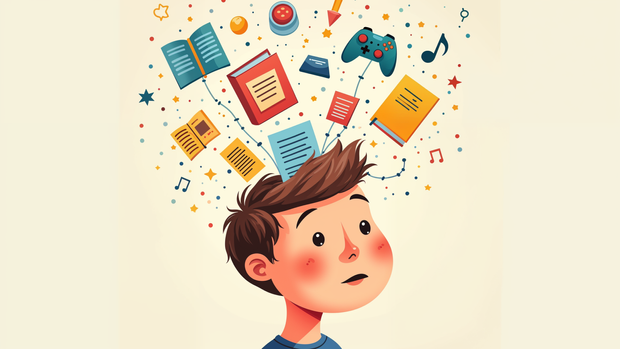Kids are like little sponges, soaking up knowledge at warp speed—but only if you give them the right tools. Enter: flashcards for kids.
Whether they’re learning to read, tackling multiplication tables, or trying to distinguish between a square and a rectangle (spoiler: all squares are rectangles, but not all rectangles are squares), flashcards are a game-changer.
But what makes flashcards so useful? And why are flashcards important for kids? Let’s dive in and explore why these simple cards pack such a punch when it comes to a child’s memory.
(Pssst! This is our favorite flashcard app for kids. And, yes, maybe we’re a little biased. But only a little.)
TL;DR – What are the benefits of flashcards for kids?
In case you’re in a rush, here’s the “TL;DR” (too long, didn’t read) of this whole article. But if you want the whole story, read on!
- Flashcards make learning for fun and engaging for kids by breaking down complex topics into manageable question-and-answer pairs.
- Active recall boosts memory. Flashcards compel kids to retrieve information from memory, strengthening neural pathways and making facts stick longer.
- Portable and flexible. Flashcards fit into any schedule—whether at home, in the car, or waiting for soccer practice.
- Promote confidence and independence. Every correct answer builds mastery, encouraging kids to track their own progress and take charge of their learning.
- Digital flashcards enhance engagement. Apps like Brainscape include multimedia options like images and audio, keeping learning interactive and ADHD-friendly.
- What makes flashcards so useful? They adapt to any subject, turning study time into a gamified, enjoyable experience for kids.
Ready to unlock your child’s learning potential? Check out our complete collection of Early Childhood Education flashcards for kids 3-9.
How do flashcards help learning?
Flashcards engage the brain in active recall, which is a fancy way of saying that they compel kids to remember the information from scratch: to pull it from their memory. This is unlike reading a textbook or passively watching a video, which may be the way they learn something for the first time, but is a really inefficient way to help them remember it afterward.
Active recall is proven to help build much stronger neural connections to new knowledge, which deepens a kid’s memory of it, making it easier to remember in the long term.
But wait—it gets better. Flashcards also tap into spaced repetition, a learning technique proven by cognitive science to help kids remember information longer. The idea is simple: review cards at increasing intervals, focusing on the tough ones more often. (Brainscape does this automatically, by the way. Just saying.)

Another bonus? Flashcards break down big topics into bite-sized pieces. Instead of pressuring kids to practice numbers or vocabulary in their limited class time, flashcards allow children to learn on their devices in their own time. It’s the ultimate snackable content but for brains instead of stomachs.
(By the way, spaced retention works for adult learners too.)
What are the advantages of using flashcards for kids?
Flashcards aren’t just effective; they’re versatile. Whether you’re a parent, teacher, or ambitious older sibling, here’s how flashcards work their magic:
Customizable for any subject
From phonics to physics, flashcards can adapt to any topic. Use a flashcard generator like Brainscape to create custom decks or choose from our premade flashcards crafted by experts. Either way, you’re tailoring the learning experience to fit your kid’s needs.
Portable and flexible
Flashcards go wherever your kid goes. Stuck in traffic? Flashcards. Waiting for soccer practice to start? Flashcards. They’re a learning tool that fits seamlessly into a busy schedule.
Promote confidence through mastery
Every time a child gets a card right, it’s a mini victory. Over time, these little wins build confidence, showing kids that they’re capable of mastering even the trickiest subjects.
Encourage independent learning
Flashcards empower kids to take charge of their own learning. They can quiz themselves, track their progress, and even compete against their previous scores. It’s learning, gamified.

For examples of how to supercharge your students' or child’s learning, check out our guide on using flashcards with children!
Why digital flashcards for kids are better than paper ones
We get it—paper flashcards are a classic. But they’re also a yawn fest.
Digital flashcards bring some serious upgrades to the table. What are the advantages of using flashcards in the digital age?
- Multimedia features: Brainscape allows you to add images, audio, and even videos to your cards. Imagine learning animal sounds by hearing a lion’s roar or practicing Spanish vocab with native pronunciations.
- Adaptive algorithms: Unlike paper cards, digital flashcards adjust to your child’s progress. Brainscape’s spaced repetition algorithm ensures kids spend more time on tricky concepts and less on ones they’ve nailed.
- Progress tracking: With digital flashcards, you can see exactly how much your child has learned and what areas need improvement. It’s like having a study coach in your pocket.
Brainscape’s sleek interface also keeps kids motivated with colorful visuals and clear goals. Let’s face it: kids love screens, so why not turn that obsession into something productive?
What makes flashcards so useful for kids?
Flashcards are like the Swiss Army knife of learning tools. They’re effective, easy to use, and ridiculously versatile. But how do flashcards help learning? Their real superpowers lie in their ability to make learning fun and engaging and in the way they systematically deliver learning to your kids or students at precisely the right intervals to optimize their retention.
Flashcards improve memory development in children of all learning styles. They're especially helpful for learners with ADHD.
When kids see flashcards as a game rather than a chore, they’re more likely to stick with it. Apps like Brainscape take this to the next level with interactive features that keep the experience fresh and exciting.

Conclusion: flashcards unlock your kid’s learning potential
So, why are flashcards important for kids? Because they make learning faster, smarter, and more enjoyable. From active recall to spaced repetition, flashcards leverage proven learning techniques to help kids absorb and retain information with ease.
And if you’re looking for the best way to get started, try a digital flashcard app like Brainscape. With its premade flashcards, flashcard generator, and adaptive technology, it’s the ultimate tool to help your child learn TWICE as fast and conquer any subject—whether they’re learning sight words, historical dates, the periodic table, or anything in between.
Ready to turn your kid into a learning superstar? Download Brainscape and let the flashcard fun begin!
—
Looking to maximize your child’s potential? Here are some other resources we think you’ll love!
- Brainscape's Early Childhood Education flashcards
- How do you motivate a stubborn child to learn?
- Is it really easier for a child to learn a second language?
- Do flashcards help kids with dyslexia?
Sources
Bjork, R. A., & Bjork, E. L. (2020). Desirable difficulties in theory and practice. Journal of Applied Research in Memory and Cognition, 9(4), 475–479.
Karpicke, J. D. (2012). Retrieval-based learning: Active retrieval promotes meaningful learning. Current Directions in Psychological Science, 21(3), 157-163.
Zald, David H., Isabelle Boileau, Wael El-Dearedy, Roger Gunn, Francis McGlone, Gabriel S. Dichter, and Alain Dagher. "Dopamine Transmission in the Human Striatum during Monetary Reward Tasks." The Journal of Neuroscience 24, no. 17 (April 28, 2004): 4105.
